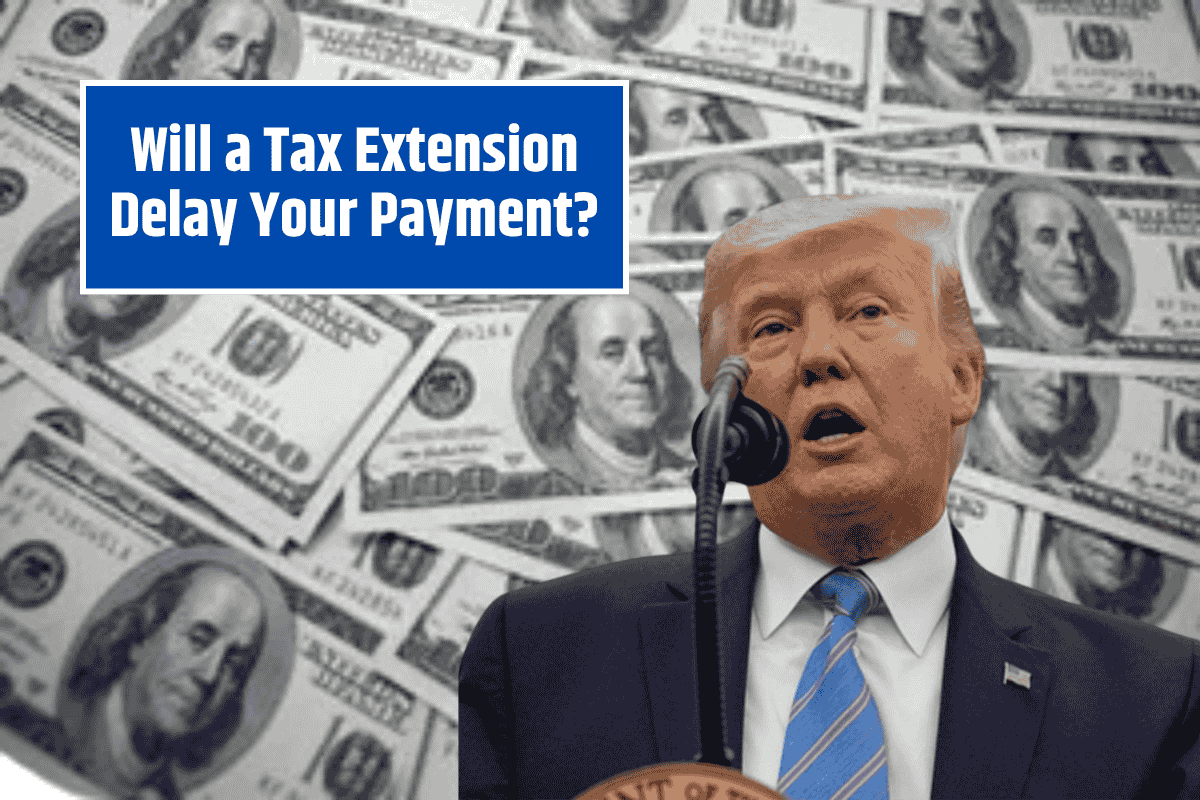Requesting a tax extension allows taxpayers more time to file their returns, but it does not extend the time to pay any taxes owed. If you’re thinking about requesting an extension, it’s crucial to understand how it works and how to avoid penalties.
Here’s a breakdown of what an extension does, how to request one, and what to do if you can’t pay on time.
Does Requesting an Extension Delay Payment?
No, requesting an extension only gives you more time to file your tax return, not to pay what you owe. According to the IRS, if you request an extension, the filing deadline is extended to October 15.
However, you must still pay any taxes due by the original deadline to avoid penalties and interest. The IRS emphasizes that taxpayers must estimate and pay the amount owed before the deadline, even if they are filing later.
How to Request an Extension with the IRS
There are several ways to apply for an automatic extension, making it easier for taxpayers to handle:
- Use the IRS Free File program: This is an online tool that helps you file for an extension.
- Make an electronic payment: When you make an electronic payment, you can choose the option to apply for an extension.
- Submit Form 4868: This form can be filed either online or through the mail to request an extension.
When you make the estimated payment along with your extension request, the IRS considers you compliant with the payment requirement.
What Happens If You Don’t Pay on Time?
If you don’t make your tax payment by the original deadline, you could face penalties for late payment. Even though your filing deadline is extended, the IRS will still charge interest on any unpaid taxes from the original due date. This interest can quickly add up, making it more expensive if you don’t pay on time.
How Many Taxpayers Request Extensions?
According to the IRS, around 19 million people requested an automatic extension during the 2025 tax season. This shows that it’s a common practice for taxpayers who need more time to organize their paperwork or figure out their finances before filing.
IRS Tax Payment Recommendations
The IRS offers some tips to help taxpayers avoid penalties and ensure smooth processing:
Estimate your taxes accurately: Make sure you calculate your owed taxes as correctly as possible to avoid underpayment.
Pay by the original deadline: Even if you’re not ready to file, pay what you owe by the original tax deadline (typically April 15) to prevent interest and penalties.
Use IRS Free File: This free service can help you manage your extension request and payment more easily.
By following these steps, you can help avoid penalties and keep your tax record clean.
Requesting an extension with the IRS gives you more time to file your tax return, but it does not delay the payment of any taxes owed. It’s essential to make an estimated payment by the original deadline to avoid penalties and interest.
By using IRS tools like Free File and submitting the proper forms, you can ensure a smooth and timely process. Always remember that extensions only apply to the filing, not to the payment.
